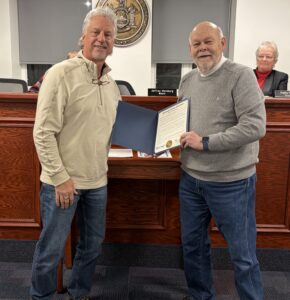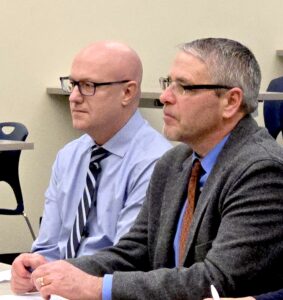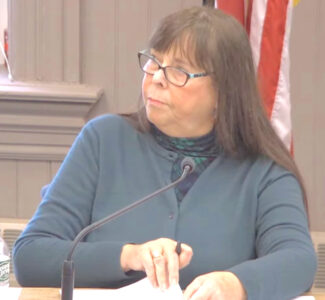State looks to tax streaming services
Video streaming services could soon be a $250 to $500 million a year revenue stream for state and local governments.
State Sen. Kevin Parker, D-New York City, has introduced S.9254 to amend the state Tax Law to establish a tax on direct broadcast satellite and video streaming services. The tax on satellite and streaming would be similar to the 5% tax cable providers pay.
Under Section 622 of the Federal Cable Act, municipalities are entitled to a maximum of 5% of gross revenues derived from operation of a cable system.
Parker also proposes creating a Community Media Reinvestment Fund to be overseen by the state Comptroller and the state Taxation and Finance commissioner. Proceeds from the satellite and streaming tax would split: 20% to the state’s general fund, 40% to municipalities statewide and 40% to entities operating and administering public, educational or government access channels in New York. Parker estimates the fund receiving between $250 and $500 million a year.
“The legislation will ensure that, as video programming viewership expands and migrates from traditional cable services to satellite and video streaming services, that migration does not result in reduced support for and investment in local video programming responsive to the unique needs and interests of New Yorkers, including public, educational, or governmental access television programming,” Parker wrote in his legislative justification.
Parker’s proposal isn’t likely to gain much traction before the end of the state Legislature’s session in early June. It has yet to have a companion bill introduced in the state Assembly, nor has it yet been scheduled for a committee hearing.
But the issues Parker raises are generating headlines across the country.
Netflix and Hulu won lawsuits in 2021 in Arkansas, California, Nevada and Texas after arguing they can’t be treated the same as video providers like cable companies because their distribution model is different. A case was heard this month in Tennessee against Netflix and Hulu while the Ohio Supreme Court heard arguments in its own case in April.
At issue in Ohio, according to the Associated Press, is the state’s 2007 Video Service Authorization law, which directed the state Commerce Department to determine what entities must obtain permission to physically install cables and wires in a public right-of-way. Companies deemed video service providers must pay a fee to local governments under that law.
Officials with Maple Heights in suburban Cleveland contend that streaming services are subject to the fee because their content is delivered via the internet over cables and wires.
Attorneys for Maple Heights argue that nothing in the 2007 law requires a video service provider to own or physically access wireline facilities in public rights-of-way to be subject to video service provider fees.
Without that equipment, streaming services “could not deliver their video programming to their subscribers,” Justin Hawal, an attorney representing Maple Heights, said in a December court filing.
The state is siding with the streaming companies, contending that Ohio’s law only covers companies building infrastructure to carry cables.
“This is about those who dig, they must pay,” Mathura Sridharan, the Ohio deputy solicitor general, told justices on the state Supreme Court during oral arguments Wednesday. “If they don’t dig, then they don’t pay.”




